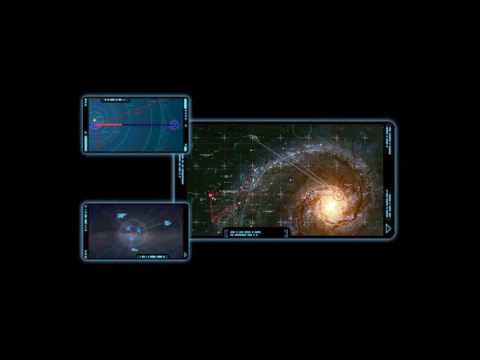- cross-posted to:
- music
- cross-posted to:
- music
Write me 1500 words on how 1999's Homeworld and 2001's Halo:CE, having similar overall settings and plot structures, used their groundbreaking scores to tell very different stories.
Then I'll accord you the right to have an opinion about... idk... Secrets of the Magic Crystal.
Track in link is the choral version of Samuel Barber's Angus Dei - Adagio for Stings as prepared for Homeworld. Arguably one of the most iconic tracks in the history of gaming. Gamers of a certain age will still feel their spine tingle and their throat close up...



No artform is inherently reactionary because art as a superstructure reflects the economic base in which it is created. The problem with videogames that other artforms like poetry don't face is that videogames don't predate capitalism and not only do they not predate capitalism, they were developed during a particular stage of capitalism: neoliberalism. It also doesn't help that the two capitals of gaming development, the US and Japan, are two neoliberal post-industrial societies where their capitalist subjects have fully internalize capitalist realism or that people with the skillset needed to develop videogames come from labor aristocrat or petty bourgeois backgrounds or that developing a videogame requires significant amount of time and capital that most proles do not have access to. All of this casts a dark shadow over the artform.
My divestment from gaming is more of the realization that in the time it takes to finally play the one (1) revolutionary game, I could've read every single one of Mao's and Ho's and Newton's and Shakur's poetry and then some. This doesn't mean that I've stopped playing videogames (gaming while listening to a podcast or an audiobook is a killer combo). And if a socialist game dev wants to develop the first revolutionary game, they should by all means do so.